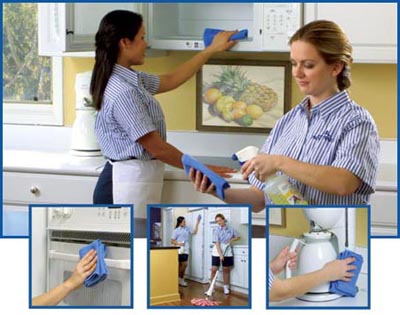How to Fight Household Germs

House – a place where we should feel safe and be assured that we along with our family are not in danger. We need to remember that the root cause of any disease could be bacteria, viruses and fungi.
Indeed, they can cause irreparable damage to you and your child, and trigger the development of various diseases. Dangerous micro-organisms live in different parts of your home. For example: dust bin, toilet, carpets (in the hallway), door handles or taps in the bathrooms.
In addition, the bacteria can survive for a few hours even on a dry surface. You can find the following types of bacteria in the house: Staphylococcus aureus, Escherichia coli, Campylobacter and Salmonella.
Fungi, on the other hand, lives and breed in places where there is a lot of moisture. For example: washing machines, dishwashers, air conditioners or in rags and sponges. To protect yourself from diseases caused by microbes, it is important to follow the simple precautions.
Instructions
-
1
The first line of defence against infection is to wash hands regularly. Wash your hands every time after coming out of the toilet and things like changing diapers of your baby. Make sure you are clean before preparing or eating food as often as possible. Try not to touch your eyes, nose or mouth to stop the bacteria penetrating into the body. Wash your hands before touching your contact lenses as well.
-
2
If you have any kind of wounds, wash them well and apply antibiotic ointment or spray. Germs can enter the body if you keep your skin dry. So use hand cream and body lotion, especially in winter.
-
3
Dry the towels, washing cloths, toothbrushes, surfaces in the bathroom before each use, as microbes increase in number in a moist environment.
-
4
The bacteria may be lurking on the surface of any food. Wash all fruits and vegetables, well boiled meat, poultry and fish.
-
5
Kitchen - a place where you should follow the rules of hygiene carefully because humidity, heat, and leftovers are the ideal environment for the reproduction of bacteria. Use paper towels instead of sponges (which may contain bacteria), wipe surfaces for kitchen and bathroom twice a day respectively.




